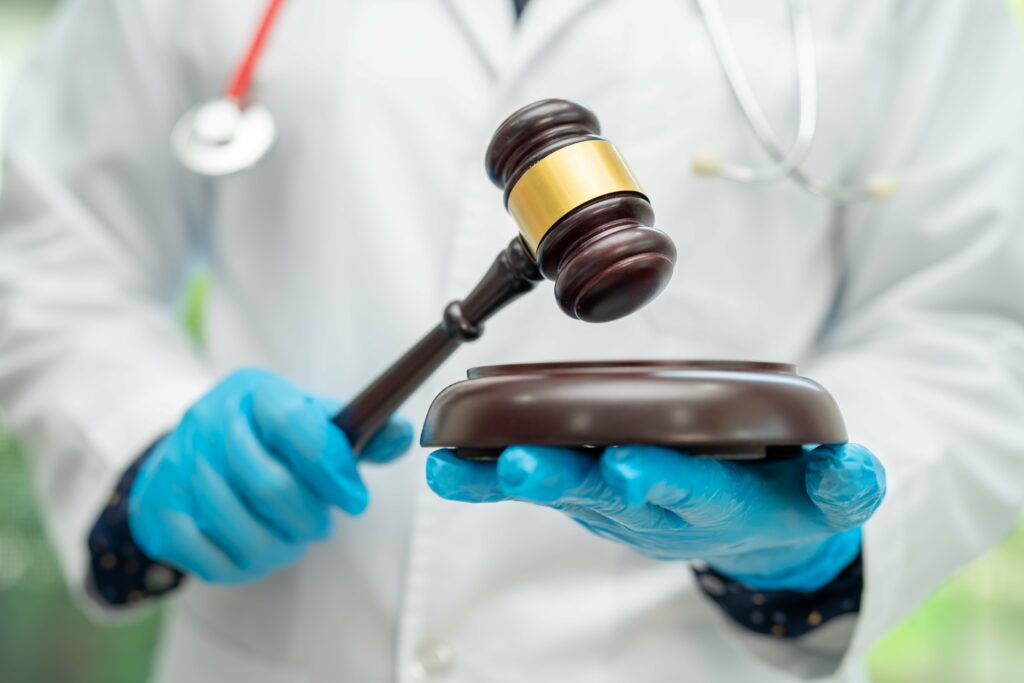In the landscape of healthcare and medical decision-making, understanding the legal tools available to ensure your wishes are respected, even when you are unable to communicate them yourself, is essential. One such crucial tool is the Power of Attorney (POA), particularly when it’s framed in the context of medical decisions. This blog post aims to demystify the term POA, delve into its importance, types, how it works in the medical field, and why it might be a critical addition to your healthcare planning.
What Is Power of Attorney (POA)?
Power of Attorney is a legal document that grants one person or entity (known as the agent or attorney-in-fact) the authority to make decisions on behalf of another person (the principal). POAs can cover a broad range of responsibilities, including financial and legal decisions, but what is POA medical term? It is a specific form, known as a Medical Power of Attorney or Healthcare Proxy, is dedicated to healthcare decisions.
Why Is Medical POA Important?
The significance of a Medical POA cannot be overstated. In instances where you are incapacitated or otherwise unable to make your own medical decisions, a Medical POA ensures that someone you trust can make those decisions in line with your values and wishes. It’s about maintaining control over your medical care, even when you can’t express your desires directly.
POA vs Living Will
It’s easy to confuse a Medical POA with a living will, but they serve complementary roles in your healthcare planning. A living will declares your wishes regarding end-of-life care, but it does not designate someone to make decisions on your behalf. A Medical POA fills this gap by appointing an agent to make decisions that might not be covered explicitly by a living will, offering a more dynamic response to unforeseen medical situations.
Choosing your Agent
Selecting an agent is a decision that requires careful consideration. The ideal candidate is someone you trust implicitly, who understands your values and who is willing and able to make potentially tough decisions about your care. It’s also wise to discuss your wishes with your chosen agent in depth, ensuring they are comfortable and clear about their responsibilities.

How to Set Up a Medical POA
Setting up a Medical POA involves a few key steps:
- Understand the Laws in Your Jurisdiction: Legally the Medical POA requirements can vary significantly from one place to another. It’s important to familiarize yourself with the laws in your state or country to ensure your POA is valid.
- Select Your Agent: After considerable thought, choose someone who meets the criteria mentioned above.
- Fill Out the Necessary Power of Attorney Forms: These forms can usually be obtained from a healthcare provider, attorney, or reputable online sources. Ensure that the forms meet your local legal requirements.
- Have the Document Witnessed and Notarized: Depending on your location, you may need to have your POA form witnessed and notarized to make it legally binding.
- Distribute Copies: Give a copy to your agent, your primary healthcare provider, and possibly a trusted family member. It’s also wise to keep a copy in a safe but accessible place.
When Does POA Take Effect?
The conditions under which a Medical POA becomes effective are typically outlined in the document itself. In many cases, the POA activates when a physician certifies that the principal is unable to make their own medical decisions.
Can a Medical POA Be Revoked?
Can a POA be revoked? Yes, a principal can revoke a Medical POA at any time, as long as they are of sound mind. This revocation should be communicated clearly to the former agent, healthcare providers, and anyone else who was given a copy of the POA document.
The Takeaway: Medical POA Responsibilities and Importance
A Medical Power of Attorney is a fundamental component of healthcare planning, providing peace of mind that your healthcare decisions will remain in trusted hands, even if you’re unable to make those decisions yourself. It’s a profound expression of trust in your designated agent and an important step in ensuring that your healthcare wishes are honored.
Given the complexities, medical POA responsibilities, and the significant personal and legal implications, consulting with a healthcare provider or a legal professional can provide guidance tailored to your unique situation. At Pujol Law, POA attorneys near you we are here to assist you with navigating these important decisions and ensuring your healthcare planning meets your needs and respects your wishes.












